Stoicism, an ancient philosophy, emphasizes continuous learning as a virtue and a practical strategy for life’s challenges.
In today’s dynamic world, constant learning is essential for adapting to rapid changes in the job market and technological advances.
This article explores how Stoicism’s learning principles can guide personal and professional growth, creating a resilient and adaptable mindset necessary for success.
The Stoic View on Knowledge and Wisdom

Wisdom, a core virtue in Stoicism, is not static but an evolving pursuit of knowledge.
In the professional realm, continuous learning aligns with this by helping individuals adapt to new technologies and market shifts, thereby maintaining relevance and effectiveness.
Deloitte’s Continuous Learning Model emphasizes this through structured, social, and self-directed learning paths that foster long-term knowledge retention and adaptability in employees.
Learning as a Lifelong Journey
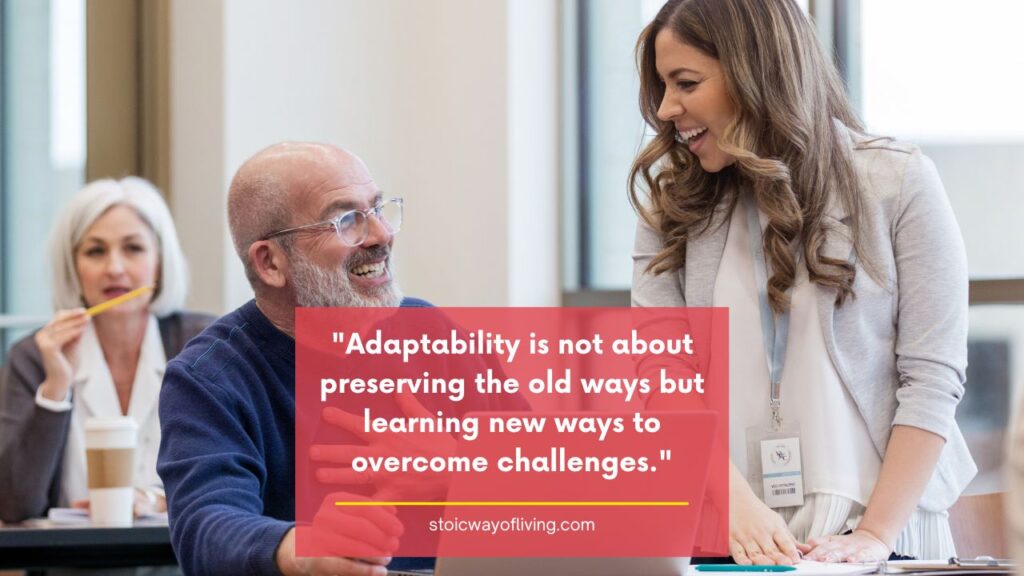
Stoicism teaches that life is a constant flux, which should be met with continuous learning and adaptation. This philosophy underpins strategies In the workplace.
Learning is integrated into daily routines, reinforcing knowledge and skills through ongoing practice and reflection. It is crucial for navigating career paths that are increasingly nonlinear and volatile.
Practical Benefits of Continuous Learning in Stoicism
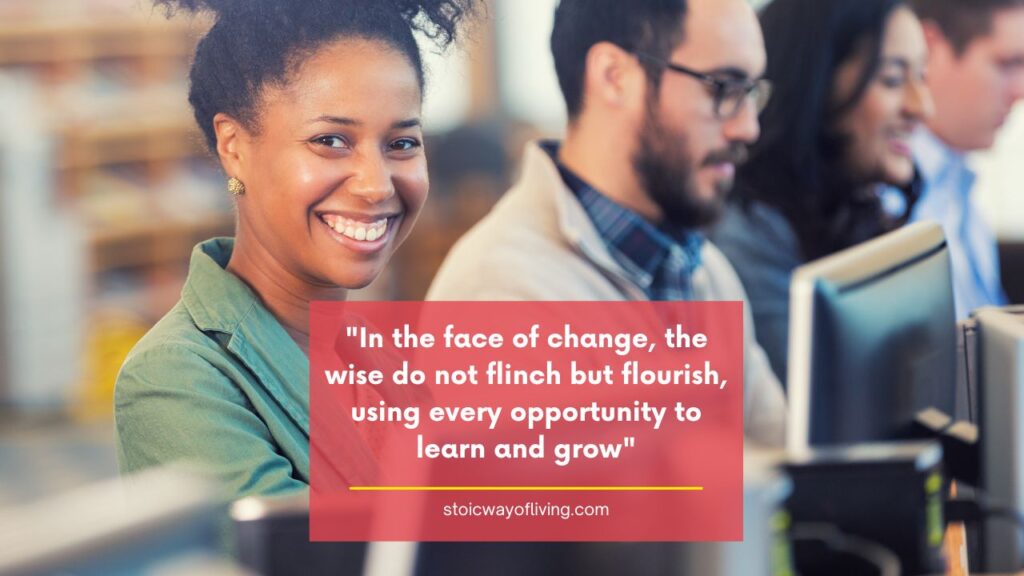
Continuous learning in a Stoic context enhances resilience, critical thinking, and problem-solving, skills that are indispensable in today’s fast-paced work environments.
Research indicates that continuous learning environments increase employee engagement, job satisfaction, and productivity, as seen in companies that prioritize these practices.
Stoic Techniques for Promoting Continuous Learning
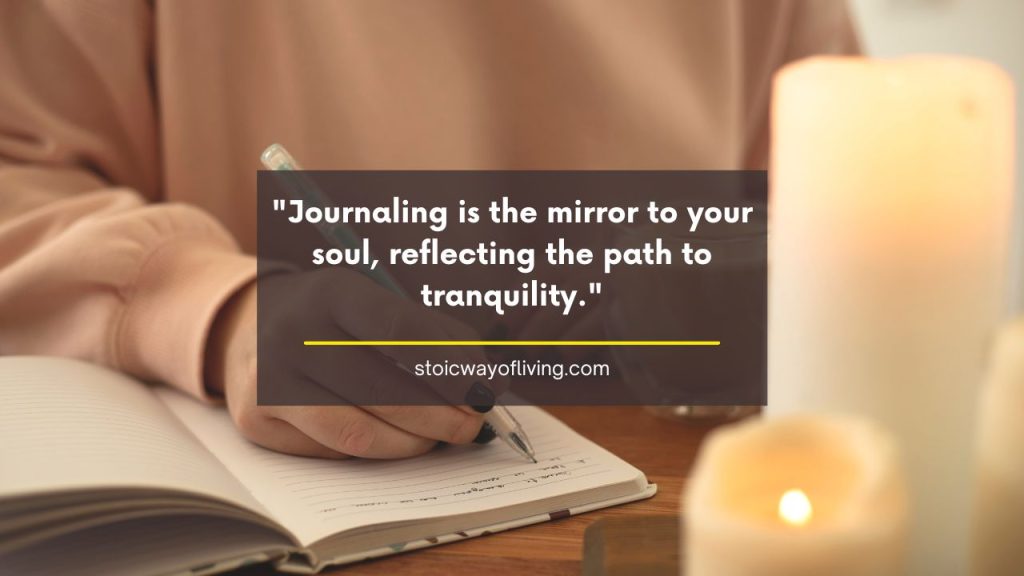
Stoicism encourages practices like daily reflection, journaling, and embracing failures as learning opportunities.
These align with modern educational strategies that support continuous learning through feedback loops, collaborative projects, and reflective practices, ensuring skills remain sharp and applicable.
Case Studies and Historical Examples
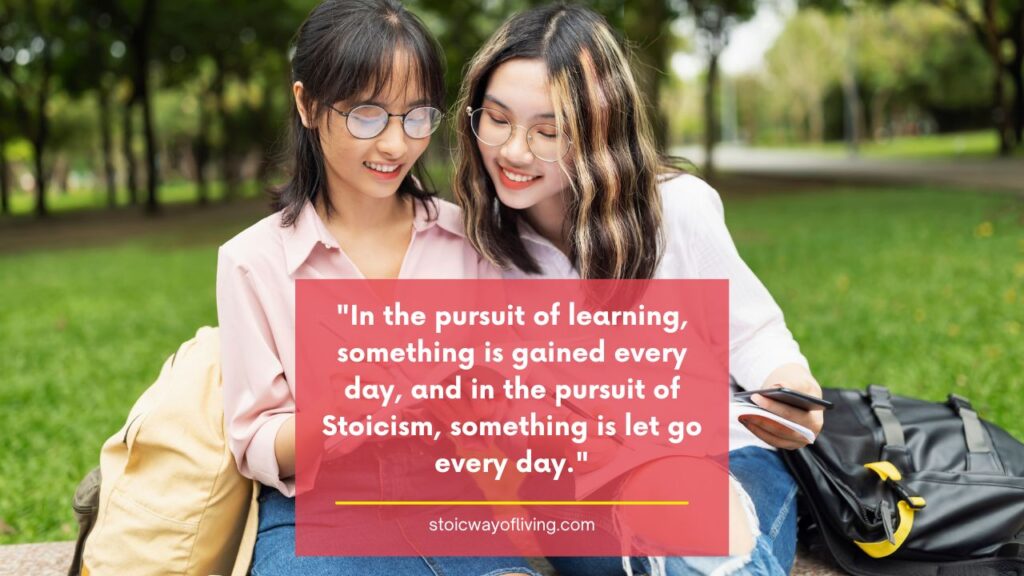
Marcus Aurelius, a Roman emperor and Stoic philosopher, exemplified lifelong learning in his meditations and governance, adapting philosophies for practical use in political and personal turmoil.
Similarly, contemporary organizations implement continuous learning frameworks that adapt to changing business needs, promoting long-term organizational and individual growth.
Challenges and Overcoming Obstacles
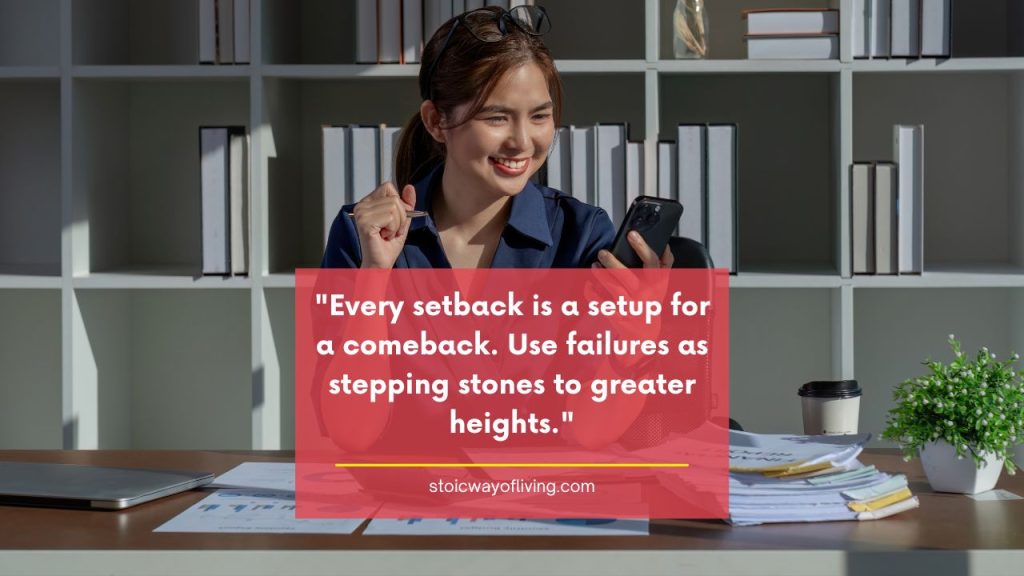
Continuous learning faces obstacles such as complacency and the fear of failure.
Stoicism addresses these through practices that convert obstacles into opportunities for learning.
Modern workplaces mirror this through cultures that encourage experimentation and learning from mistakes, pivotal for innovation and progress.
See also: Developing Self-Discipline: Strategies to Elevate Your Life!
Conclusion
The Stoic approach to continuous learning offers valuable lessons for personal and professional development.
It champions adaptability, resilience, and a proactive stance towards learning, qualities that are increasingly important in navigating today’s complex world.
If you’re inspired to delve deeper into how these principles can transform leadership and organizational culture, consider exploring the book Learning to Lead, Leading to Learn by Katie Anderson and Isao Yoshino. Check it out on Amazon!


